Jakarta, MINA – Indonesia becomes one of the heirs of the earth’s wealth with tropical rain forests which are very important services. Forests, aside from being the lung of the earth, regulate climate regulation, water sources, and maintain global, regional, and local temperatures, it is also one of God’s creations that the source of life. There are various creatures created by God, have been inhabiting in the forest for millions of years, maintaining the balance of nature, supporting life, and supporting human life.
Today, the elements of religion and indigenous peoples, consisting of the Indonesian Ulema Council (MUI), Nahdlatul Ulama, Muhammadiyah, Communion of Churches in Indonesia (PGI), Indonesian Bishops’ Conference (KWI), Parisada Hindu Dharma Indonesia (PHDI), Persatuan Umat Budha Indonesia (PERMABUDHI), Indonesian Supreme Council of Confucius Religion (MATAKIN), Nusantara Indigenous Peoples Alliance (AMAN) and experts, NGOs, governments, and components of international organizations, such as the United Nations (UNEP), Religions for Peace, Norway’s Rainforest Foundation, and GreenFaith, calls for the importance of protecting tropical forests in Indonesia.
To launch the program, workshops, dialogue, and launch of the Interfaith Rainforest Initiative in Indonesia are attended by 200 participants consisting of all relevant elements from 12 provinces in Indonesia.
“There have been many efforts undertaken in an effort to preserve tropical forests in the world. But these efforts are not enough and the challenges found in natural management rooted in human morals and religion that important to be involved in managing human morals, “said Prof. Din Syamsuddin, Honorary Chairperson of the Indonesian Inter Religious Council Presidium.
Also Read: Sheikh Muhammad Amin al-Husseini: The Palestinian Mufti in Indonesia’s Independence History
Religion and indigenous people can appear to play a role in reminding people not to do damage. Besides that, it is common that people who live in rural areas with customs which respected, they are easier to adapt to the modality and morality they have, so that the approach with local leaders or community leaders can be an agent of change to encourage behavioral change in conserving tropical rain forests.
The Interfaith Initiative for Tropical Forests or the Interfaith Rainforest Initiative (IRI) is an interfaith international alliance that seeks to provide moral urgency and faith-based leadership to global efforts to end tropical deforestation. This is a forum for religious leaders and religious communities to work hand in hand with indigenous peoples, governments, NGOs, and businesses in relation to actions to protect tropical forests and the rights of those who act as protectors. This initiative believes that the time has come for the world movement to care for tropical forests, which are based on values inherent in forests, and inspired by religious values, ethics, and moral guidelines.
The three main objectives of IRI Indonesia, namely: (i) educating and raising awareness about the deforestation crisis and equipping religious leaders with the knowledge, educational tools, and training needed to become effective supporters for the protection of tropical forests; (ii) mobilizing faith-based action by connecting religious leaders with partners from various sectors to increase the collective impact; and (iii) influencing policies and advocating for governments and companies to adopt, fulfill, and expand their commitments to protect tropical forests and the rights of indigenous peoples who play a role as their guardians.
This initiative was launched at the Nobel Peace Center in Oslo, Norway, on June 19, 2017. The launch was organized by the Norwegian Minister of Climate and Environment, and led by King Harald V of Norway. The summit was attended by leaders of Christianity, Islam, Judaism, Buddhism, Hinduism and Taoism joining indigenous peoples from Brazil, Colombia, Democratic Republic of Congo, Indonesia, Meso-America and Peru to make the protection of tropical forests a moral priority for the community world religion.
Also Read: Celebrating 200th Java War: Novelty Spirit of 2013 Memory of The World
This initiative moves globally to bring moral voices about forest protection to international policy-making forums on the environment, climate change, indigenous peoples’ problems, and sustainable development. The initiative works through national programs in Brazil, Colombia, the Democratic Republic of the Congo, Indonesia, and Peru – five countries that have more than 70 percent of the world’s remaining tropical forests. (AT/RE1)
Mi’raj News Agency (MINA)
Also Read: History, Islam, and the Culture of the Kazakhstan: Abai as a National Inspiration






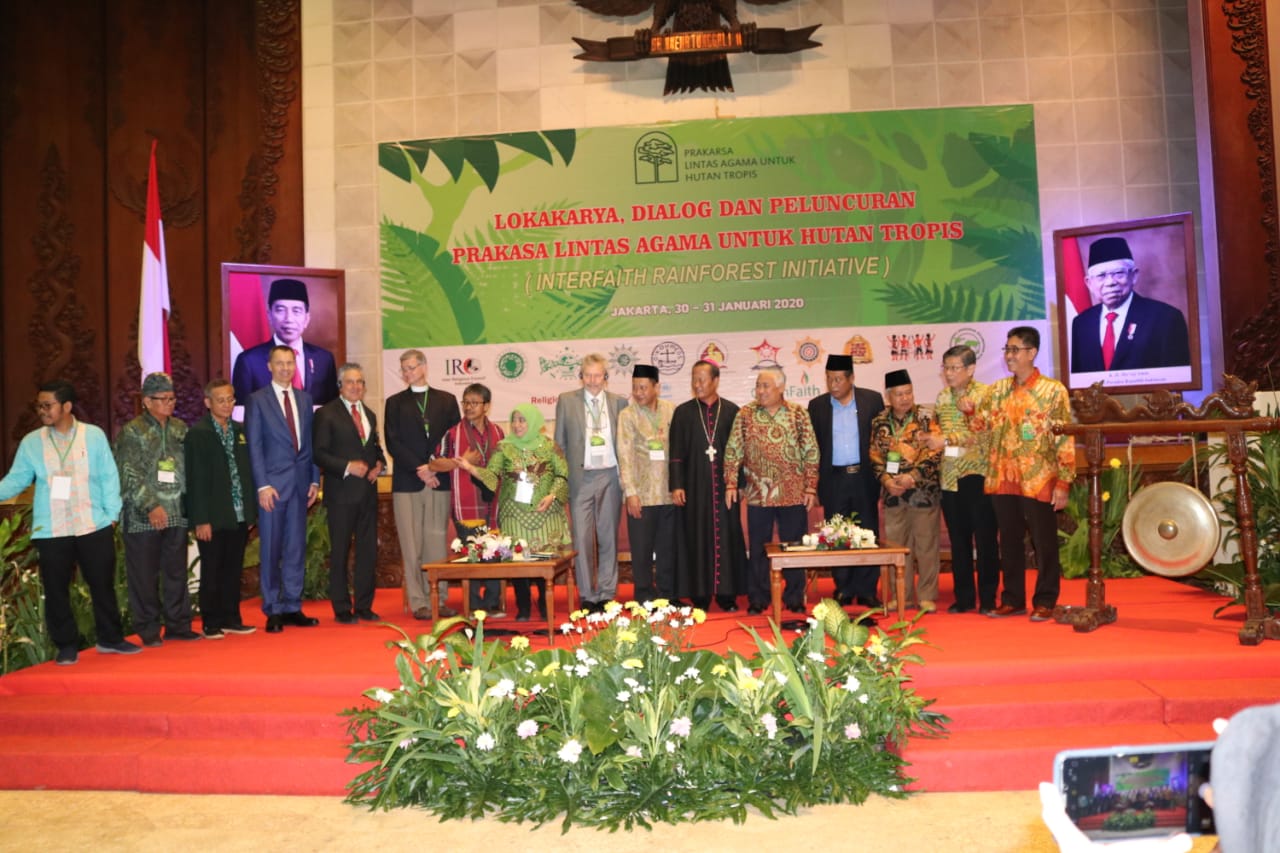

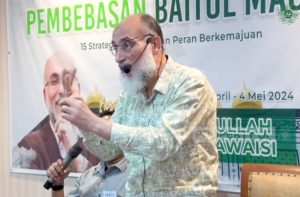


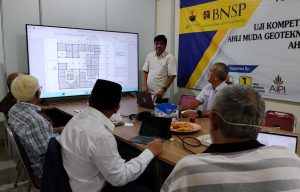




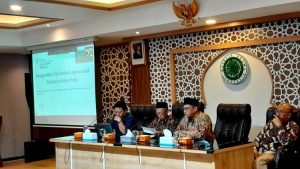
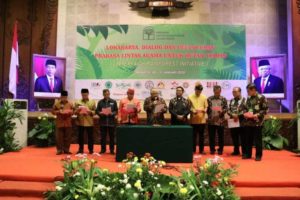
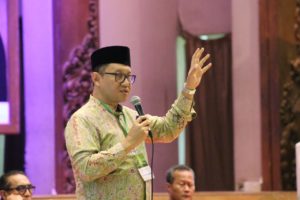
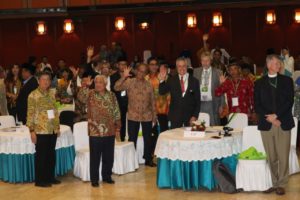
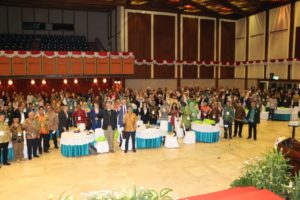
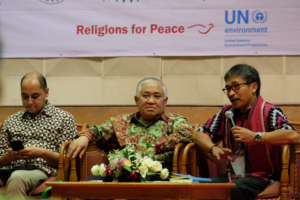














 Mina Indonesia
Mina Indonesia Mina Arabic
Mina Arabic